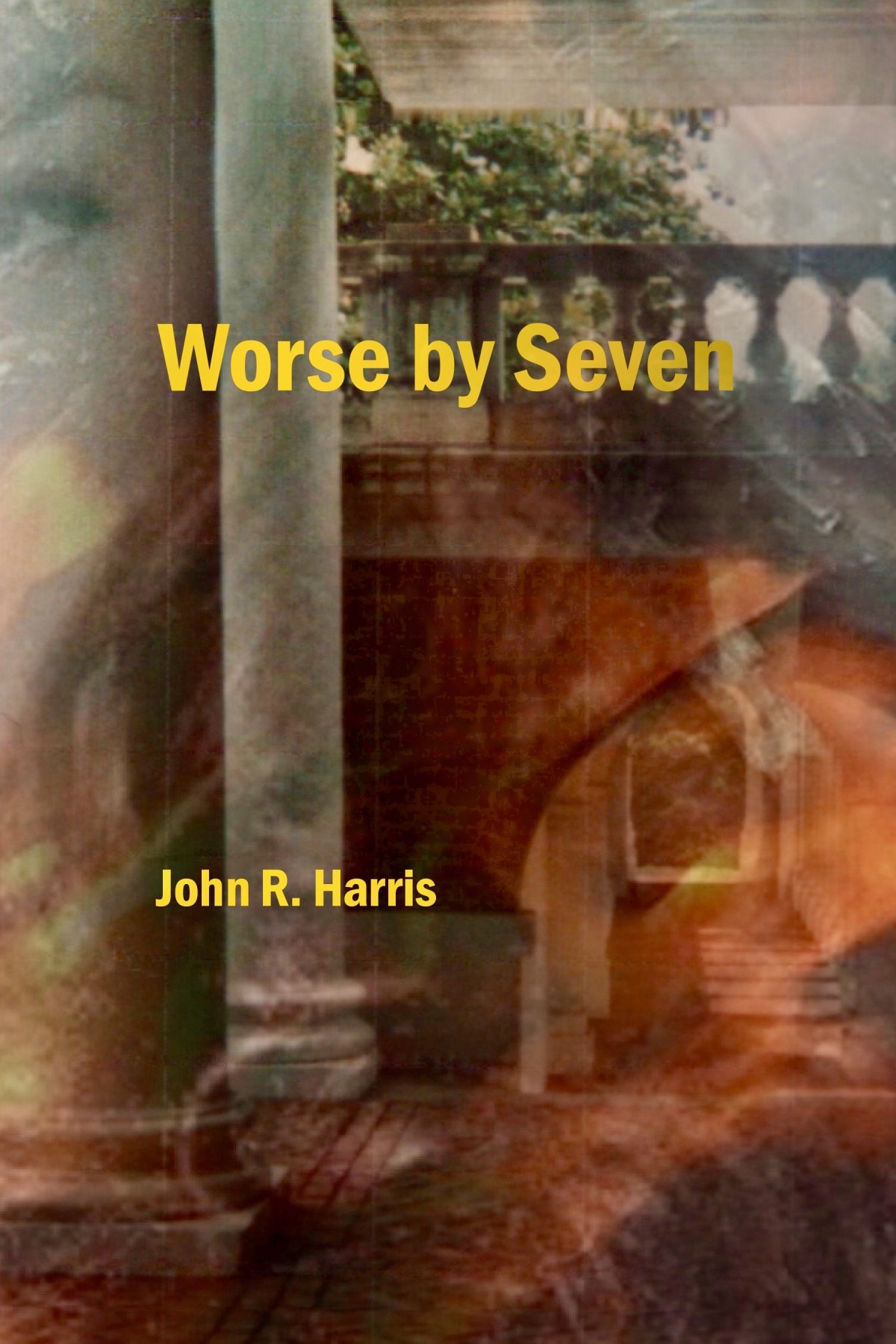I have been a constant critic of Netflix offerings, which I consider too often tasteless, sensationalized, and politically warped… but then, I’ve just described the character of the entertainment industry for most of my time on earth; and for the most part, I’m afraid that these NF hacks are giving the public what it craves. Panem et circenses.
I’ve been able to watch to the end neither of the two episodes of the documentary serial Dirty Money that I’ve undertaken to watch. My blood pressure spikes, and I pull the plug on the ordeal. There’s no reason to endure needless misery. But the true misery behind these botched stories doesn’t have an “off” switch and isn’t going away.
Hard NOx addresses the Volkswagen scam of a couple of years ago, and actually originating in corporate decisions made six or eight years ago. (The word play in the series titles is probably the point in these features where the most creativity is lavished: nitrogen oxide is a toxic byproduct found abundantly in the burning of diesel fuel.) VW attempted to market its new diesel line in this nation as incredibly clean. Had the claim been true, the car would have achieved stunning fuel mileage without facing the public with an unsavory trade-off in pollutants… but the claim was a deliberate lie. Management had at first mounted a straight bluff, but performance tests eventually unmasked the fraud. A recall followed, and the motor was indeed redesigned—but not so as to reduce the toxicity of its byproducts. Instead, it was fitted with special software that cleverly disguised its true performance under the simulated driving conditions of most tests: a “defeat device”, as it’s known in the biz. Yet this subterfuge, as well, was doomed to be detected once tested vehicles were removed from the lab and examined closely in actual drives.
VW was disgraced, lost tens of millions in sales, and paid hundreds of millions in damages and fines. End of story?
No, not exactly. What most annoys me about the documentary format, as practiced in our time, is its apparent tolerance of shamefully lengthy and subjective intrusions on the part of the documentarian. We see this one in the opening frames taking his VW fraudster for one of its last spins and liberally dropping F-bombs to show outrage. Why, he’s a raped consumer, just like you and me! He’s one of us, and he’s going to get to the bottom of this! The bulk of the film thereafter is in fact pretty disciplined and informative, though hints about corporate greed are salted in regularly. The level of preachiness usually hovered in an implicit gray zone, and was tolerable. I hit the “off” switch with about six minutes to go, however, when we were informed that President Trump’s withdrawal from the Paris Accords had given the green flag to Big Business for further ruination of the environment.
I’m not going to stray this morning into the vast boondoggle which is “climate change”. Suffice it to say that the complete and willful mischaracterization of resistance to the Paris agreement—a scam exponentially greater than VW’s—terminally disrupted my attention to the doc’s intended message. In European idiom, it was a red-card foul.
The other blunders were ratiocinative. I can forgive a foolish F-bomber for supposing that Big Government is the mortal enemy of Big Business, and that we need more of the former to chasten the latter. It’s a stupid proposition, and the doc’s own evidence shows its fallacy: European governments are encountering vastly more trouble than ours did as they try to get the stinking VW off their narrow streets because… because agencies within those governments are on the take. The “Bigs” are forever sneaking under the sheets with each other. More regulation means more pressure for small businesses to stay in compliance, which means more bankruptcy among the shoestring-budgeted competition, which means that big businesses become bigger—and fewer, and more influential upon public policy. Big business is big government.
Most Americans still don’t understand this, even as the sun is setting upon their basic freedoms and a corporatist night without stars descends. Netflix isn’t brainwashing anybody here: it’s recycling to the masses the dismally ignorant pabulum that they think they know for gospel truth.
And then, yesterday… another documentary in the same series, titled Payday. I won’t supply many details: the piece is well done up to a point, and you can fill in the background if you wish by watching it—watching all of it, if your stomach is stronger than mine.
Scott Tucker is not a particularly likable fellow, and he found a way to game the system. Specifically, his organization offered loans that people supposed themselves to be paying off when, each month, the loan’s renewal fee was simply being siphoned from their account. In effect, they were screwed if they didn’t pay off principle and interest within about a month. Now, almost everyone who needs a quick $300 to get by is inexperienced in complex contracts, so most Payday customers believed that the monthly deduction from their bank account was in fact applied only to principle and interest. Many ended up paying a grand for those three quick “c” notes.
Disgusting? Yes, I fully concur. I’ve been there—not with Payday, but with an outfit calling itself (at the time) Christian Business Solutions. For $5,000, CBS sold me some cheap software whose functions could have been performed with pen and paper. At the time, I had a stay-at-home wife and young son and was facing imminent unemployment. Upon requesting from CBS the assistance that was implied in the deal, I was told that a) the company had disbanding, and b) I should be capable of drumming up my own business without the “team” holding my hand. I had deposited five grand in this preacher’s collection plate, and for that I got a sermon on growing up and doing things for myself.
Did I want to break a few of the Reverend’s ribs? Oh, yeah. Did I want to see his family terrorized by a SWAT team, his assets so thoroughly confiscated that he couldn’t afford a lawyer, and his indictment so larded with malfeasance that he was facing life in prison? No, I would have settled for sixty seconds alone with him in an elevator. Scott Tucker was treated to all of the above by our “justice” system. He behaved like a scoundrel and a sleaze… but everything he did was legal. You can’t put a man in a cage for life because his marks are too dumb to read a contract.
Except that you can, actually. In the US of A, twenty-first century version. The prosecutors interviewed on the doc determined that an “ordinary person” would have a “very hard time” understanding the contract they signed… and so they decided to treat the “perpetrator” like El Chapo. Apparently, all of the “victims” interviewed were just fine with living in a depraved police state—and I place “victims” in quotation marks because these people truly fell victim only to their own fear and gullibility. Like me. I lost my money because I behaved like an idiot. In a way, the “preacher” was right: I should have been a grown-up and made my own way.
We who vote every two years for an ever more intrusive state do not crave the life of grown-ups. We want Nanny to come between us and the evil corporations (which exist, to begin with, because Nanny’s rules have killed off all the small competition). We want exploitative capitalists living in 10,000-square-foot mansions to be taxed at a 90 percent rate and tossed in an oubliette if they squeal. We’re pathetic. We disgust me.


